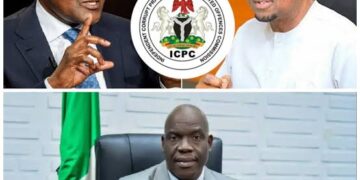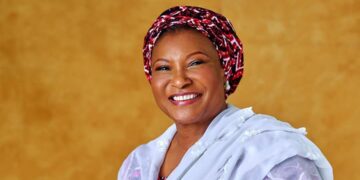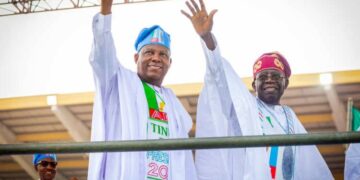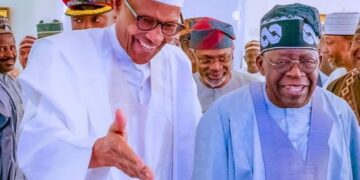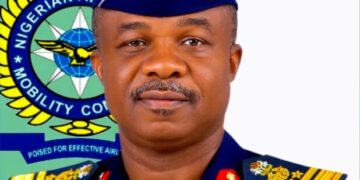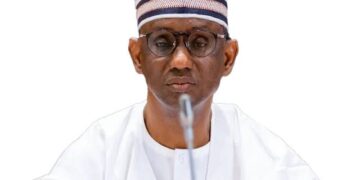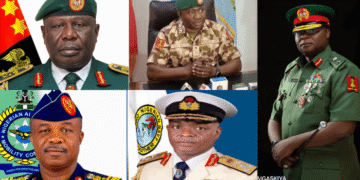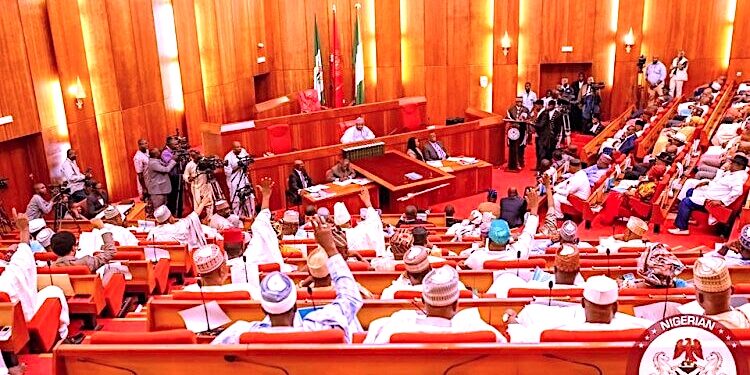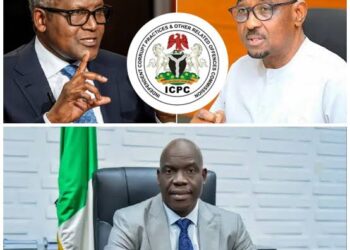The Nigerian Senate has passed for second reading a bill seeking to compel the Independent National Electoral Commission (INEC) to conduct presidential, governorship, National Assembly, and state assembly elections on the same day, beginning with the 2027 general elections.
The proposed legislation forms part of a broader effort to repeal the Electoral Act 2022 and enact a new Electoral Bill 2025, aimed at strengthening Nigeria’s electoral framework and improving the credibility of future polls.
The bill, sponsored by Senator Simon Lalong (Plateau South), Chairman of the Senate Committee on Electoral Matters, was extensively debated during Wednesday’s plenary session.
Following a voice vote that received overwhelming support, Senate President Godswill Akpabio announced the bill’s passage for second reading and referred it to the Senate Committee on Electoral Matters for further legislative work and a public hearing. The committee has been directed to submit its report within two weeks.
Presenting the bill, Senator Lalong noted that while the Electoral Act 2022 introduced important reforms, it still contained gaps affecting the efficiency and fairness of elections. These, he said, include delays in releasing election funds, disputes over voter registers, ambiguities in result transmission, and weak enforcement of electoral offences.
According to Lalong, the new Electoral Bill 2025 seeks to enhance INEC’s independence by protecting it from political interference and ensuring timely access to election funding.
During the debate, Senator Adamu Aliero (Kebbi North) advocated for clear provisions guaranteeing the electronic transmission of election results to boost transparency. He also emphasized the need to strengthen the use of the Bimodal Voter Accreditation System (BVAS) to ensure accountability.
In his contribution, Senator Orji Uzor Kalu (Abia North) urged lawmakers across party lines to collaborate in building a transparent and reliable electoral system, stressing that credible elections are essential to the survival of Nigeria’s democracy.

